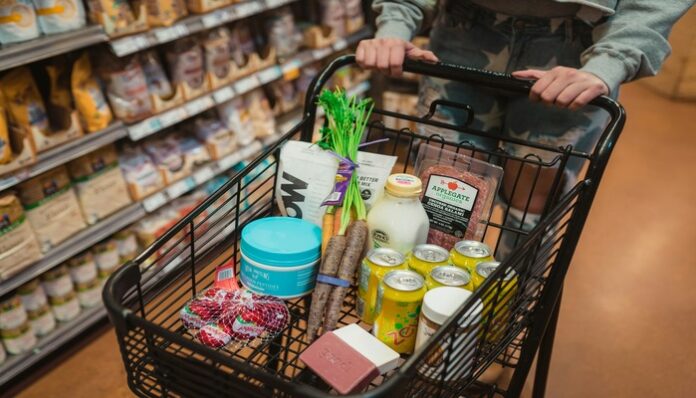
As a vegetarian of five years, I love fresh fruit and vegetables. I know that there’s privilege in being a vegetarian, though, especially because this healthy lifestyle isn’t cheap. Right now, fruits and vegetables are expensive as hell — but they shouldn’t be.
Most people understand the importance of eating healthy food, but financially, not many can access fruits and veggies.
A 2023 survey offers insight into Americans’ challenges with accessing healthy food, and they’re far more common than you might think. The survey results revealed that 32 percent of Americans find traditionally healthy foods “very expensive.” To make matters worse, 61.5 percent of respondents stated that healthy food is a “luxury” for them. The fact that over half of all respondents consider healthy food a “luxury purchase” is deeply disturbing — meeting basic nutritional needs should never feel out of reach.
To make matters worse, not everyone lives in areas where healthy food is available.
“Food deserts” are regions where at least one-third of the population lives more than half a mile from the nearest grocery store, and they’re more common than you might think. Although you may assume that most “food deserts” are in rural areas where grocery stores are few and far between, large cities, like San Francisco and New York, have between dozens and hundreds of “food desert” neighborhoods each. Many of the people in these neighborhoods are lower-income, so finding transportation to the nearest grocery store and buying healthy food is extremely difficult. When you don’t live close to a store with produce and other healthy products and may not be able to afford to go far to get them, you have no choice but to rely on less expensive, more processed options.
With food deserts across the nation and supermarket prices on the rise, universal access to healthy food may seem hopeless, but there are plenty of ways to increase access. Some urban communities have called on volunteers to start community gardens, where people who struggle to access fresh produce can receive free fruits and vegetables. Planting community gardens in impoverished neighborhoods can help hundreds or even thousands of people. Supermarkets can also do their part, partnering with zero-waste organizations to offer a variety of foods to families at little to no cost. Not every neighborhood has a food pantry, but food pantries can sponsor public locations in lower-income communities where families can pick up food, including healthy options.
These options may be costly to implement, but they’re worth it — everyone deserves access to fresh, healthy food.
For many Americans, eating healthily isn’t simple — or logistically or financially possible. With so many people living in “food deserts,” produce and other “health foods” are luxuries. Therefore, we need to work within our communities to create spaces where low-income families can get fresh, healthy food. People should have the means to receive nutritious food regardless of their incomes — and together, we can make it happen.
Featured Photo by Karsten Winegeart on Unsplash.



















What really sets Tsars Casino apart for me is their commitment to fair play and legal operation. Knowing they’re licensed and regulated gives me confidence in my gaming in Australia. Plus, the opportunity to play in demo mode before betting real money helped me discover my favorite games without any risk.